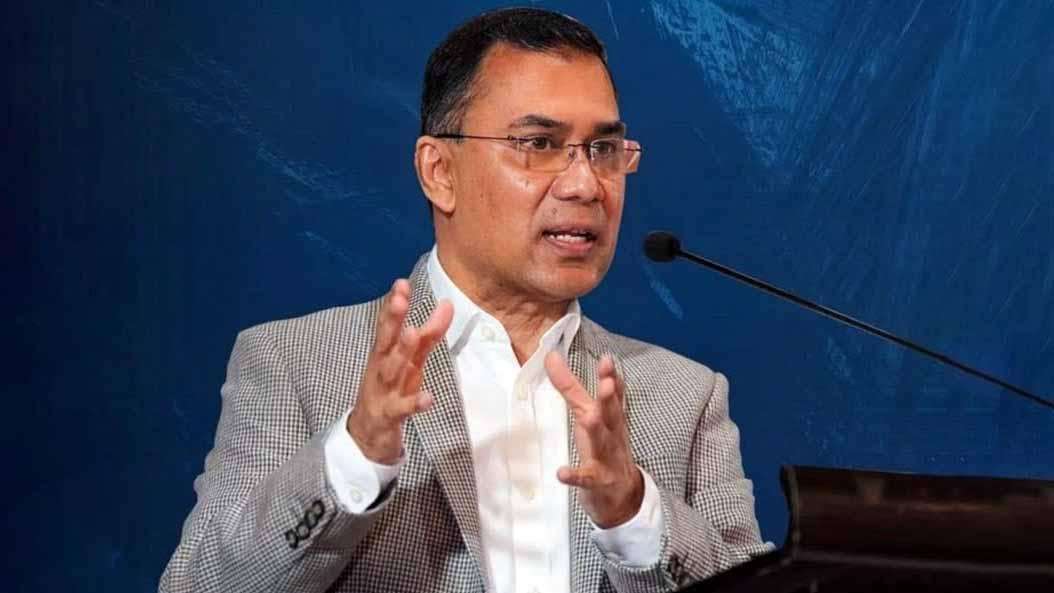Indonesia, home to the world’s largest Muslim population, has formally legalized the practice of Independent Umrah, often known as 'DIY' or 'backpacker' Umrah. This progressive reform, codified in Law No. 14 of 2025 on the Implementation of Hajj and Umrah, is a direct response to modernizing policies from the Saudi Ministry of Hajj and Umrah and a growing demand for travel autonomy.
Deputy Minister of Hajj and Umrah, Dahnil Anzar Simanjuntak, announced that the new law explicitly recognizes Umrah may be performed through three channels: licensed Umrah Tour Operators (PPIU), independently, or through ministerial arrangements. This key provision is designed to provide legal protection for the millions of citizens who previously undertook independent pilgrimages without formal government oversight.
The New Pilgrimage: Empowerment for the Young and Healthy
The legalization of Independent Umrah holds particular significance for the younger, educated, and physically healthy demographic. For these travelers, the spiritual reward is often intrinsically linked to the effort and self-reliance demonstrated on the journey.
Deeper Spiritual Connection through Ownership: Unlike the all-inclusive package, the independent route forces the pilgrim to personally manage every logistical step—from visa applications and flight bookings to securing accommodations and ground transport. This act of self-reliance transforms the journey from a passive group activity into an active, profound spiritual quest, enhancing the sense of personal sacrifice and ibadah (worship).
Cost Efficiency and Flexibility: Pilgrims gain control over their budget, allowing for cost-saving decisions by booking directly with service providers. This is a crucial benefit, as costs are flexible and not confined to the bundled prices set by traditional agencies. Contracts are formed directly with individual providers, ensuring services are delivered as agreed.
Customized Itineraries and Learning: The ability to set one's own pace, choose accommodation nearer to the Holy Sites, and select the duration of stay maximizes the opportunity for unhurried devotion, reflection, and in-depth study of Islamic history in Makkah and Madinah.
As Ministry spokesperson Ichsan Marsha explained, the key distinction is the service mechanism and ultimate responsibility. While regular Umrah packages handle all arrangements—including visas, tickets, and guidance—under the PPIU's permit, independent pilgrims must ensure they are fully aware of all Saudi regulations.
Bridging the Global Divide
Indonesia’s reform serves as a blueprint for the Muslim world. While Saudi Arabia has digitally opened its doors through the Nusuk platform and now allows Umrah on various visa types (Tourist, Work, Transit), many nations still lack the domestic legislation to officially facilitate independent travel, forcing citizens into traditional (and often more expensive) licensed group packages to ensure compliance and protection.
The specific list of countries that have not yet legalized a structured independent Umrah framework remains complex and dynamic, but the pressure is rising globally for governments to follow Indonesia's example.
To ensure safety and prevent misuse, Indonesia's Law No. 14 of 2025 includes strict requirements for independent travelers: pilgrims must be Muslim, hold a six-month valid passport, possess round-trip tickets, have a health certificate, and—critically—have a visa and proof of a purchased service package (accommodation/transport) registered within the Ministry's integrated information system. This domestic system is digitally linked to the Saudi Nusuk platform, maintaining strict administrative oversight and providing a clear mechanism for legal accountability and protection against fraud.
The legalization of Independent Umrah is a defining moment, recognizing the maturity of Indonesia’s pilgrims and reinforcing the country’s commitment to providing a safe, protected, and flexible path for millions to fulfill their spiritual obligations.







_1.jpg)
.svg)

.jpg)
